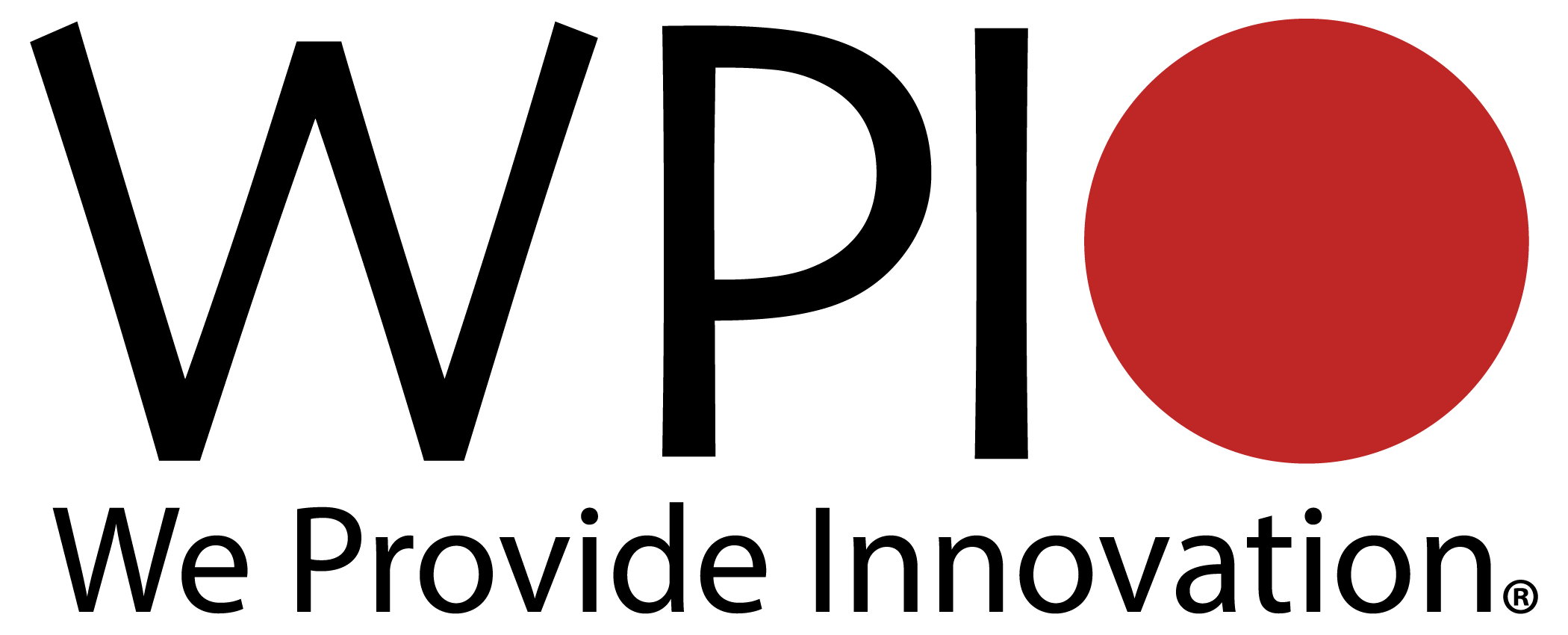Navigating Tariff Turbulence: The Stability of Domestic Custom Plastic Injection Molding
Tariffs can be a significant headache for businesses, especially those relying on overseas manufacturing for plastic parts. These unpredictable duties can create substantial challenges, impacting everything from profitability to market responsiveness. This is precisely why partnering with a domestic supplier like Wisconsin Plastics, Inc. offers a critical strategic advantage, helping to tariff-proof your supply chain.
The Ripple Effect of Tariffs on Overseas Manufacturing
When tariffs are imposed on imported goods, the initial impact is often a direct increase in the cost of those goods. For businesses, this translates to:
- Increased Production Costs: Higher material or component costs eat into profit margins, or necessitate price increases for end products, potentially impacting competitiveness.
- Unpredictable Supply Chains: Tariff policies can change rapidly, making long-term forecasting and budgeting incredibly difficult. This unpredictability can lead to sudden price spikes or even supply disruptions.
- Extended Lead Times and Delays: Importers may try to rush orders before tariffs hit, leading to overloaded shipping routes and customs delays. Conversely, reduced demand due to higher prices can slow production.
- Compromised Quality (Indirectly): In an effort to offset tariff costs, some overseas suppliers might be pressured to cut corners, potentially leading to a decline in part quality.
These factors combine to create a volatile and risky environment for businesses heavily dependent on international sourcing for their custom plastic injection molded components.
Tariff-Proof Your Supply Chain: The Domestic Advantage
This is where the strategic benefits of partnering with a domestic supplier, such as Wisconsin Plastics, Inc., become abundantly clear. By choosing local sourcing, businesses can effectively mitigate many of the risks associated with global trade uncertainties:
1. Cost Stability and Predictability:
- No Tariffs: The most obvious benefit is bypassing import tariffs altogether, leading to more stable and predictable pricing for your components.
- Reduced Shipping Costs & Complexity: Shorter distances mean lower freight expenses, less complex logistics, and fewer customs hurdles
2. Enhanced Supply Chain Reliability:
- Shorter Lead Times: Local production significantly reduces transit times, allowing for quicker turnaround on orders and more responsive inventory management.
- Improved Communication: Time zone differences are minimized, facilitating real-time communication, faster problem-solving, and clearer project coordination.
- Greater Oversight: Being geographically closer allows for easier site visits, quality checks, and deeper collaboration throughout the manufacturing process.
3. Superior Quality Control and Responsiveness:
- Consistent Quality: Domestic manufacturers, like Wisconsin Plastics, Inc., adhere to stringent quality standards and benefit from closer client relationships, ensuring consistent part quality.
- Flexibility & Agility: Changes in design or order quantities can be accommodated quickly, providing greater agility in product development and market adaptation.
- Local Support: Immediate access to technical support and engineering expertise.

